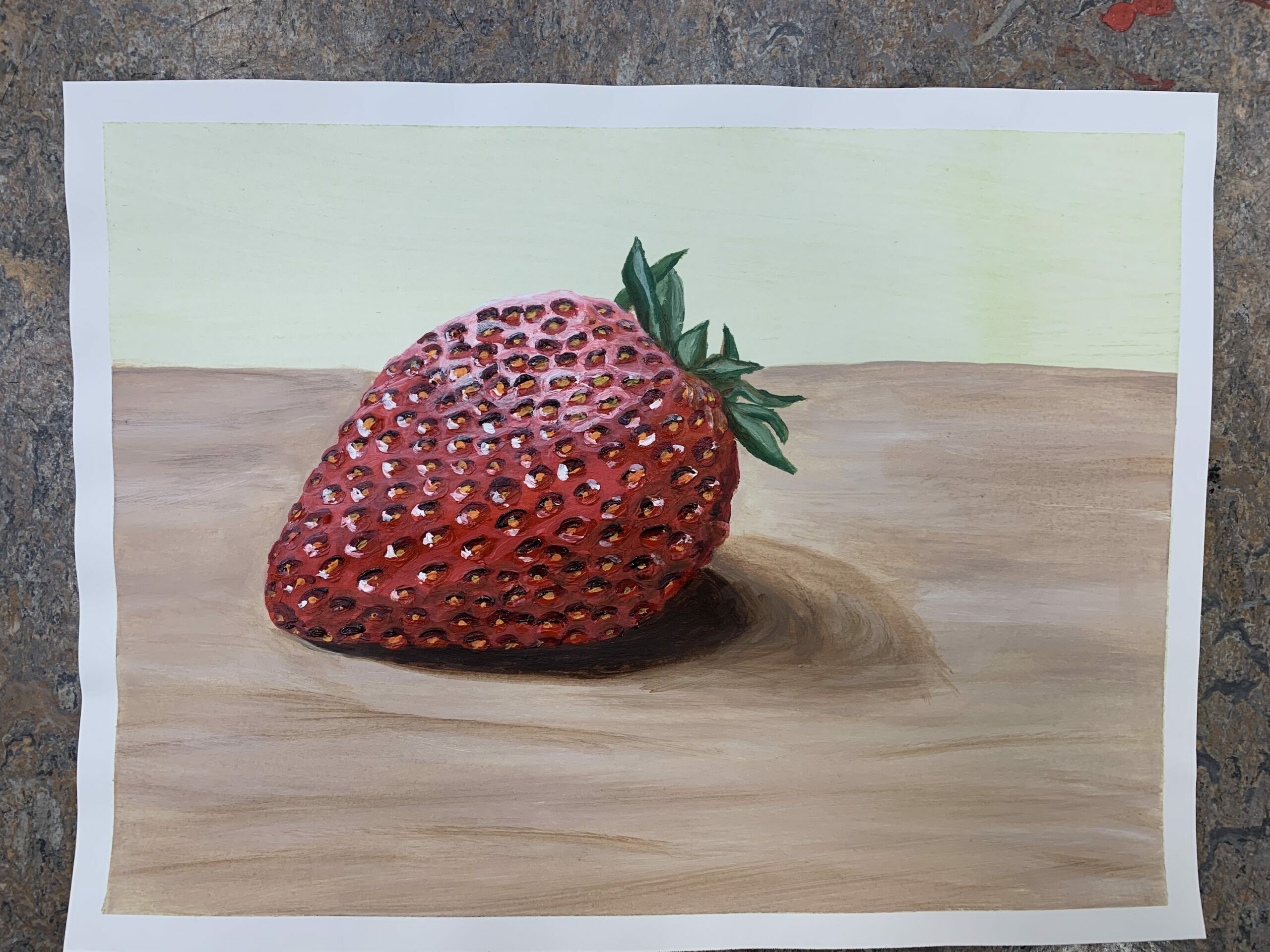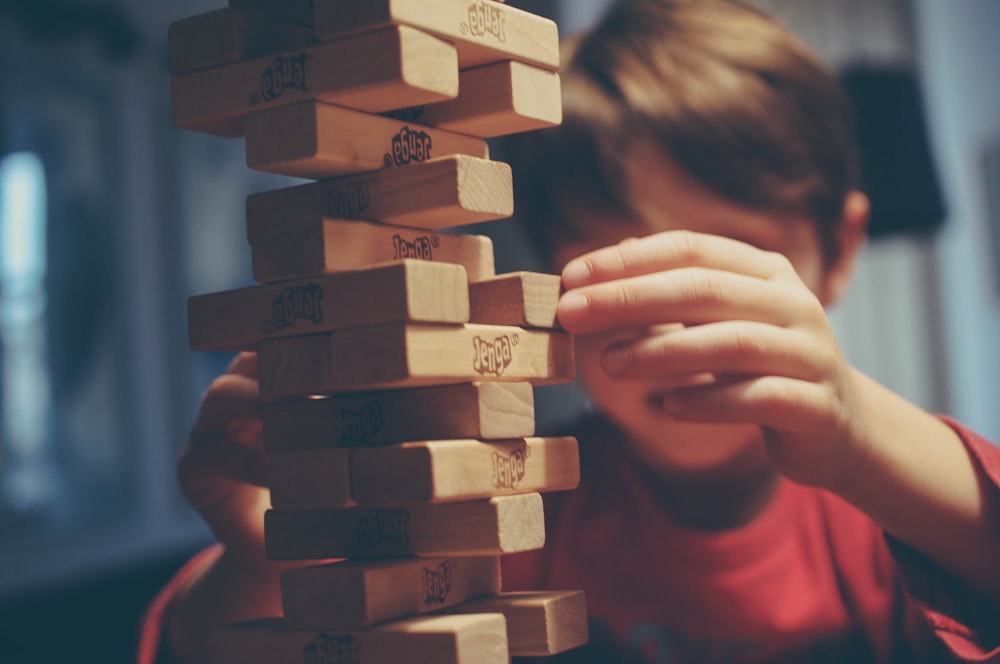Before this class, I had little to no knowledge of learning theories. Therefore, in order to illustrate my new knowledge on the Behaviourism, Cognitivism, Constructivism, and Connectivism learning theories and how they differ in their ways of learning, I have placed images as metaphors for their approaches.
Behaviourism
Image ref: https://unsplash.com/photos/Sg3XwuEpybU
I placed the image of a dog to illustrate Behaviorism as the learning theory is grounded in the nature of reward, punishment, and stimuli to promote task-based learning (Bates, 2014). However, human behaviour is more complex as they have feelings, attitudes, and consciousness (Bates, 2014). Nevertheless, under behaviourism, human behaviour can be seen as predictable and controllable as it can have measurable outcomes (Bates, 2014). For example, in our class, we had a multiple-choice test that could be repeated if we got the answers wrong. The stimuli was the immediate feedback of our answers on the quiz, and the punishment was getting the answer wrong. Through this task-based learning, we had to repeat the test until we were satisfied with our answers, a driver for the learning. Can you think of another task-based learning in relation to this theory?
Cognitivism
Image Ref: https://unsplash.com/photos/LrlyZzX6Sws
I placed the image of a Rubix cube as a metaphor for the Cognitive learning theory. It is in reference to the measurable box we must not confine our learning in. Much like the Rubix cube, the cognitive approach holds that we must also take into consideration the ability to reorganize one’s inner concepts to experiences (Bates, 2014). With this approach, we can solve the Rubix cube through the active process of the categorization of information (Bates, 2014). This problem solving can be modified by new experiences through the reflection, analysis, and mental processes that encode and store information (Bates, 2014).
Constructivism
Image Ref: https://unsplash.com/photos/LrlyZzX6Sws
I place the image of a Jenga game as a metaphor for the Constructivism learning theory because much like the game, learning is seen as a social process requiring communication between everyone in the game. In this game, learning requires the social influences of other players, if one person takes out a block the other must problem solve in order to take another block out without knocking the tower over. Much like the construction of the game, constructivism theory holds that knowledge is socially constructed through parents, peers, schools, online communities, etc. (Bates, 2014). Can you think of another game that relates to this theory?
Connectivism
Image Ref: https://unsplash.com/photos/3y1zF4hIPCg
Lastly, I place the image of a puzzle piece as a metaphor for the Connectivism learning theory because the contribution of individual learning results in a network of learning, showing that we are all interconnected when put together. In relation to online learning with the Connectivist theory, the main principles are to provide: learners the ability to choose how they learn, open access to the course content, diverse tools and content, and interactive communication between the teachers and learners (Bates, 2014).
Personal connection as suggested by Tori: Reflecting upon this topic, I am considering how I could utilize these learning theories in my own sociological studies. Perhaps the constructivism learning theory could be related to snowball sampling, as they both require the social construction of knowledge. In qualitative research, snowball sampling is a recruitment technique that allows one research participant to locate another one, and then that participant locates another one, and so on (“Snowball Sampling”, 2021).
REFERENCES
Bates, Tony. (2014, July 29). Learning Theories and Online Learning. Online Learning and Distance Education Resources. learninghttps://www.tonybates.ca/2014/07/29/learning-theories-and-online-learning/
Snowball Sampling. (2021, November 10). in Wikipedia. https://en.wikipedia.org/w/index.php?title=Snowball_sampling&oldid=1054530098





Tori Chen
October 19, 2021 — 12:02 pm
Hi Mia,
I liked how you integrated images and a paragraph to explain how each learning theory is represented for you. Not only did you show what you connected with, but I can also relate because you chose common things most people would know. Your blog post is organized well and easy to read. The only suggestion I have is to add a paragraph about how one or a few of these relate to you personally (or experience you have with it maybe with connectivism?) I know there is a word count so only if you can find the space. But other than that everything sounds and looks great!